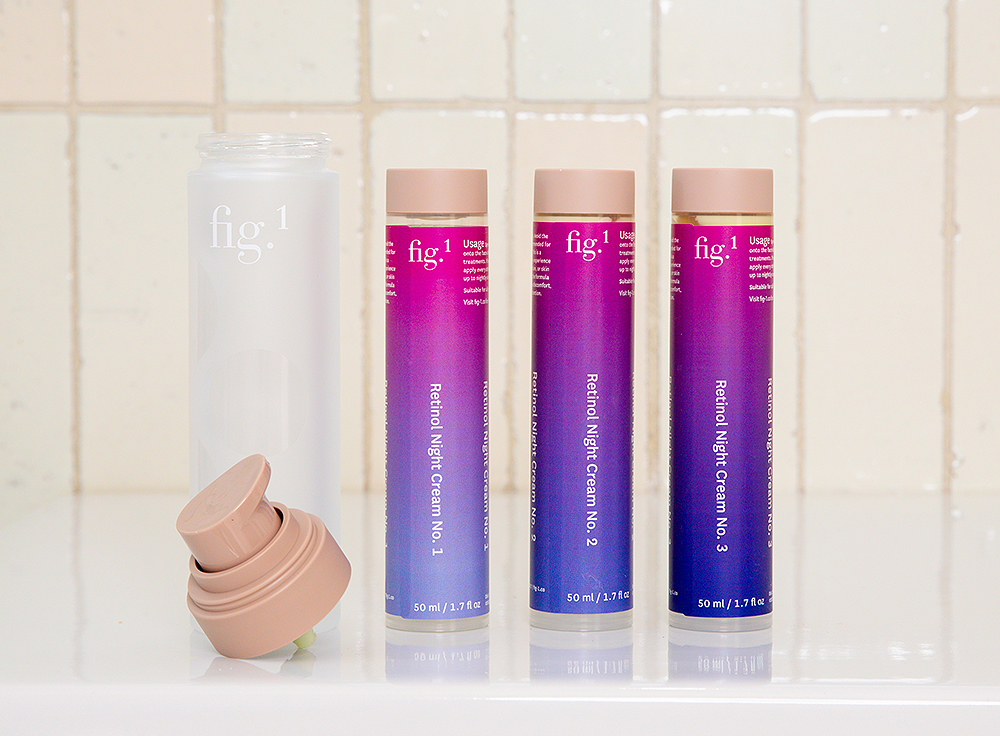Lee Ann Klausner, MD is a double board certified nasal surgeon that specializes in treating septal perforations. Watch Dr. Klausner explains the symptoms, treatments and options for septal perforations. Learn more about Dr. Klausner and septal perforations at: https://www.klausnerinstitute.com/septal-perforation-doctor/
A septal perforation is a hole in the nasal septum. The nasal septum is the room divider for the nose, so it separates the nose into two nasal passages. Symptoms of septal perforation can include nasal obstruction, dryness, irritation, crust accumulation, bleeding, whistling, and it gives the patient the sensation that they cannot breathe in air. There are multiple causes of septal perforations. Commonly what we see are patients who have abused cocaine. Other causes include chronic nasal picking, as a complication of nasal septal surgery, a perforation can be caused. A septal perforation cannot heal itself, and the reason for that is once the hole is made, there’s an absence of tissue. The mucosa cells will travel through the hole and form a bond with the other side of the septum, thereby leaving the hole open. So the only solution is to physically close the hole if the hole is not too big.
Non-surgical options include irrigation and cleaning, but this is a daily routine that’s required which can be cumbersome for patients, time-consuming, and difficult. Other treatments that are nonsurgical involve placement of a button, which will physically block the hole, however, is not always the most positive approach to dealing with a perforation because of the fact that there is still problems with keeping the area clean and there is a risk of infection, and there is risk of making the perforation bigger.
In preparing a patient for septal perforation repair, there are so many things that need to be discussed. One major issue is if they’ve had any problems with addiction, they have to be in a place where they’re not using anymore and the risk of them using again in the future is close to none. So there’s that level of commitment and recovery from their addiction that’s essential. And another very common thing is many patients are smokers and they absolutely cannot smoke, they cannot be exposed to second-hand smoke for many months before and after the procedure. So these are very honest conversations that I have to have with patients to ensure that they’re in a place where they can have the most successful outcome.
The ability to close septal perforations is a highly specialized technique, and I was fortunate enough to have the opportunity in fellowship to work with someone who’s probably one of the best in the world. It’s my surgical training that’s enabled me to be able to execute the operation. The greatest satisfaction I have in managing and performing this operation is the impact that it has on patient’s lives.
















